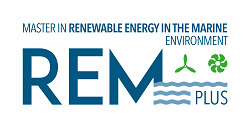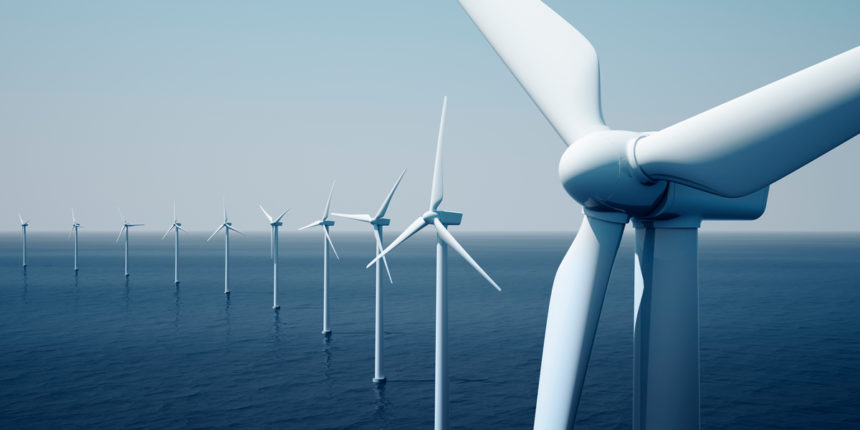Researchers from the REM+ associate partner Institute of Environmental Hydraulics of the University of Cantabria participate in the European FlagShip project, the objective of which is to develop and technically and economically validate wind floating technology for testing offshore. They plan to deploy several lines of action: maturation of the supply chain, technological innovations, risk reduction. To this end, they are going to carry out a full-scale field test, manufacturing the first ten megawatt floating offshore wind turbine mounted on a semi-submersible concrete floating structure in the Norwegian North Sea: ” to test and optimize a commercial wind farm using economically profitable technologies and thus endowing companies in the sector with competitiveness “. The project will involve a total funding of 25 million euros over four years under the Horizon 2020 program.
As explained by Dr. Raúl Guanche, REM+ professor and head of the Marine Energy and Offshore Engineering Group of the University of Cantabria, in addition to scientific-technical developments, such as designing new installation maneuvers or the use of concrete as a reference material, researchers will have to “extrapolate all the knowledge and new experience on a global scale for its possible application in the United Kingdom, the United States, Asia… ”, a task in which IH Cantabria will be especially involved. “We will also evaluate – Guanche adds – the solutions that provide greater ease of implementation and the risks of their environmental integration.”

